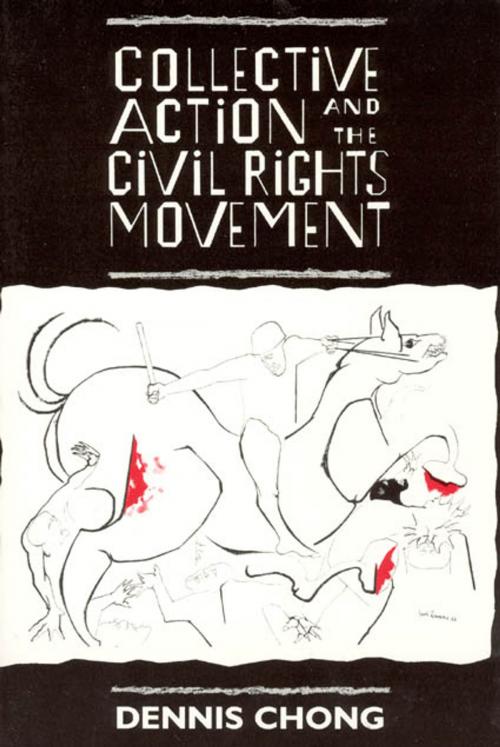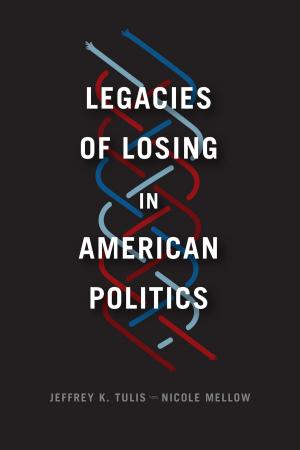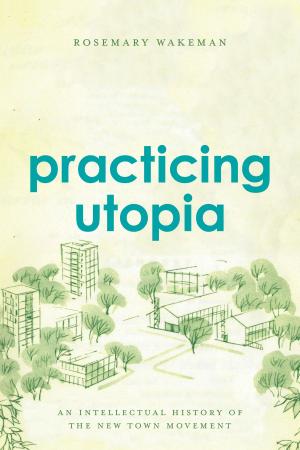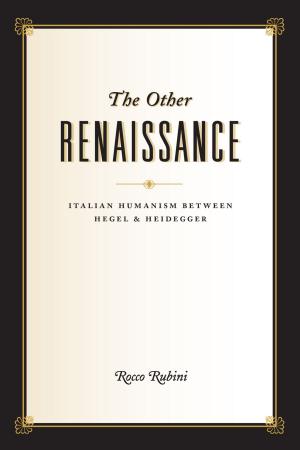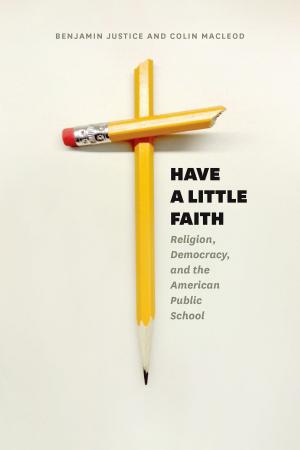Collective Action and the Civil Rights Movement
Nonfiction, Social & Cultural Studies, Social Science, Cultural Studies, African-American Studies, History, Americas, United States, 20th Century, Political Science| Author: | Dennis Chong | ISBN: | 9780226228693 |
| Publisher: | University of Chicago Press | Publication: | December 10, 2014 |
| Imprint: | University of Chicago Press | Language: | English |
| Author: | Dennis Chong |
| ISBN: | 9780226228693 |
| Publisher: | University of Chicago Press |
| Publication: | December 10, 2014 |
| Imprint: | University of Chicago Press |
| Language: | English |
Collective Action and the Civil Rights Movement is a theoretical study of the dynamics of public-spirited collective action as well as a substantial study of the American civil rights movement and the local and national politics that surrounded it. In this major historical application of rational choice theory to a social movement, Dennis Chong reexamines the problem of organizing collective action by focusing on the social, psychological, and moral incentives of political activism that are often neglected by rational choice theorists. Using game theoretic concepts as well as dynamic models, he explores how rational individuals decide to participate in social movements and how these individual decisions translate into collective outcomes. In addition to applying formal modeling to the puzzling and important social phenomenon of collective action, he offers persuasive insights into the political and psychological dynamics that provoke and sustain public activism. This remarkably accessible study demonstrates how the civil rights movement succeeded against difficult odds by mobilizing community resources, resisting powerful opposition, and winning concessions from the government.
Collective Action and the Civil Rights Movement is a theoretical study of the dynamics of public-spirited collective action as well as a substantial study of the American civil rights movement and the local and national politics that surrounded it. In this major historical application of rational choice theory to a social movement, Dennis Chong reexamines the problem of organizing collective action by focusing on the social, psychological, and moral incentives of political activism that are often neglected by rational choice theorists. Using game theoretic concepts as well as dynamic models, he explores how rational individuals decide to participate in social movements and how these individual decisions translate into collective outcomes. In addition to applying formal modeling to the puzzling and important social phenomenon of collective action, he offers persuasive insights into the political and psychological dynamics that provoke and sustain public activism. This remarkably accessible study demonstrates how the civil rights movement succeeded against difficult odds by mobilizing community resources, resisting powerful opposition, and winning concessions from the government.
